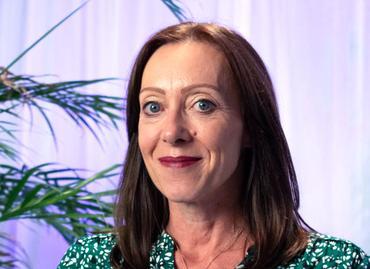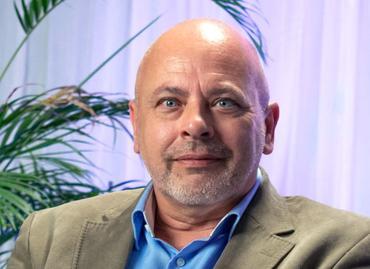chapter 3
Kirsty Lilley is an award-winning mental health trainer, coach, and mindfulness facilitator.
There is a tangible link between economic downturn and poor mental health. A home, shelter, food, warmth, even our social standing... these are all basic necessities for life, and without them we feel threatened. We begin to sense that we can't provide for ourselves and our family. In essence, poor finances erode the pillars that keep us afloat.
Financial wellbeing, therefore, is about control. Specifically, control over your day-to-day decisions and long-term goals. When we lose this sense of control, we find ourselves stifled, caged in, helpless. Anxiety starts to creep in.
It's very common to withdraw from that anxiety, and to bury our heads in the sand. Likewise, it's easy to feel as though everyone else is doing a better job of coping than we are, but often that's just not the case. Everyone is affected by the current situation.
If something isn't right, the best course of action is to reach out for support as soon as possible. Ideally, this would come from someone who isn't emotionally entangled with your situation. But even hearing from a friend or a trusted colleague that they're in the same boat can go a long way towards providing some reassurance. Speak to someone, identify the cause of your distress and you can work out a plan to deal with it. It won't just go away, so try to recognise when you're avoiding something and search for credible sources of support. Focus on what you know to be true, rather than allowing anxiety to guide you to false conclusions.
For accountants, specifically, this cost of living crisis could prove particularly difficult. Accountancy is an industry in which perfectionism is rife. On top of that, we know that accountants strongly identify around their professional identity, making it difficult to accept when they're struggling with their financial management. In the same way, academics find it difficult to talk about their emotional state, fearing what it implies about their ability to reason and think logically.
But nobody is immune to financial difficulty, especially in the current crisis. Accountants face exactly the same global challenges as everyone else - there's no shame in struggling to make ends meet, just as you shouldn't be ashamed to need some help with your mental health.
how should we prepare to cope with this situation that is so out of our control?
when should you speak to a professional?
We all live on a mental health continuum that we slide up and down on a daily basis. It's difficult to put a line in the sand and say this is the point at which you should speak to a professional. Generally speaking, things to watch out for include your ability to function starting to erode, your usual coping mechanisms not helping anymore or a general sense that things are just getting more painful. Make a doctor's appointment. Alternatively, caba offers a great deal of professional therapy and coaching.









